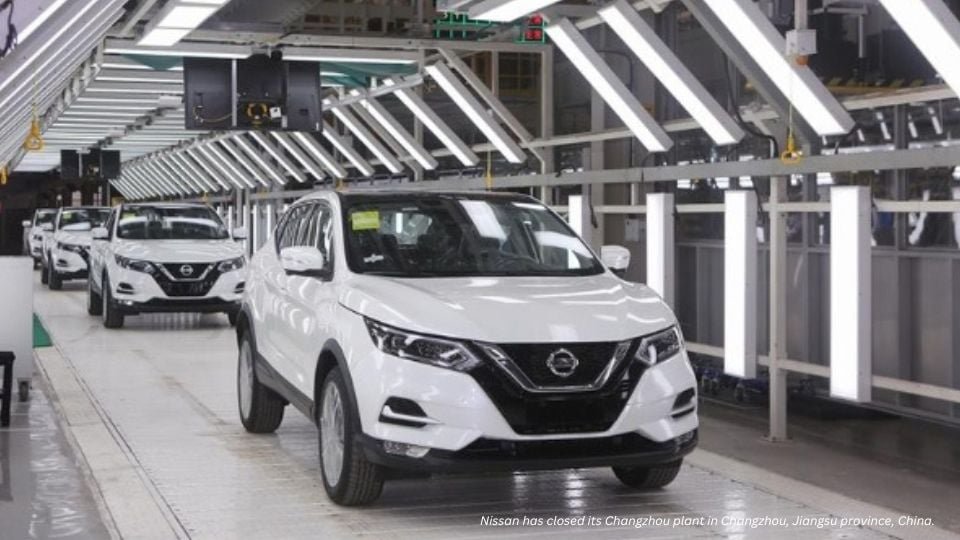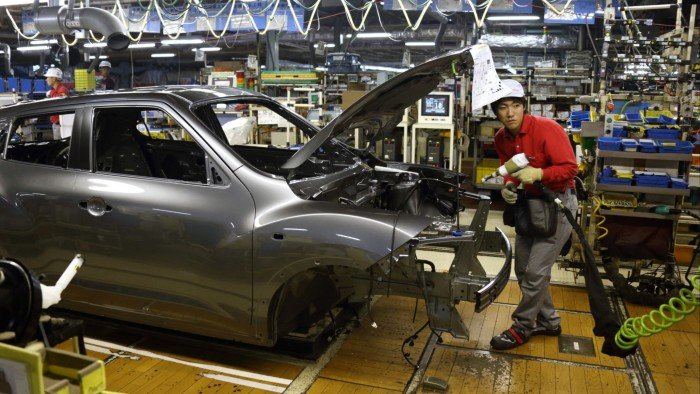Nissan is taking drastic measures to reduce its production capacity and cut losses.
The automaker has announced that it will close its Oppama and Shonan factories in Japan.
The Oppama factory, which opened in 1961, has produced a range of small cars, including the Bluebird, Pulsar, Sylphy, and Leaf.
However, it will cease production by March 2028, and the Note model will be moved to Nissan’s factory in Kyushu.

About 2,400 of the site’s 3,900 employees will be laid off. Other facilities surrounding the Oppama factory, including the research centre, crash test facility, wharf, and Grandrive proving ground, will continue to operate.
Shonan Factory to Close as Well
The Shonan factory, operated by Nissan Shatai, currently produces the NV200 Vanette and AD wagon van. Production of the AD wagon van will end in October this year, while the NV200 will cease production in March 2027.
The NV200, which was launched in 2009, once served as New York City’s official taxi. It will be replaced by a new model due to be released by 2028.
Reducing Overcapacity and Cutting Costs
Closing both factories and moving their production elsewhere will help Nissan reduce its overcapacity problem and reduce headcount.
Once these two factories are closed, Nissan will have three car plants in Japan: one in Tochigi, and two in Kyushu.
Nissan aims to reduce its production capacity outside of China from 3.5 million cars per year to 2.5 million, as part of its latest turnaround plan, dubbed Re:Nissan.
The company plans to close seven of its 17 car manufacturing plants, with Shonan and Oppama being the first two confirmed closures.
Nissan has been struggling financially, with a loss of ¥670.9 billion (A$7.1 billion) for the financial year ending March 2025.
The company’s new CEO, Ivan Espinosa, has unveiled a recovery plan that includes plant closures, a 15% reduction in the global workforce, and a cost-cutting “transformation office”.

